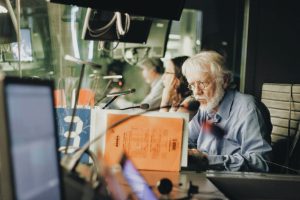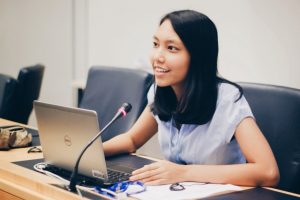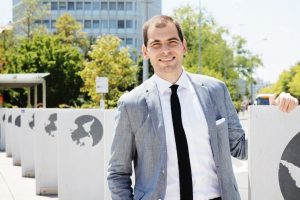
This topic has recently been brought into focus in the context of the #BlackLivesMatter, Fridays for Future, #MeToo protests, strikes and social movements when different UN entities and offices have conveyed mixed messages regarding how personnel should balance the responsibility to uphold the Organization’s values with the duty to remain impartial in the face of controversial matters.
The open-debate style discussion aims to highlight new tools and ideas that could guide UN senior leadership in designing and implementing policies (at institutional level) and UN personnel in assessing their application (at individual level). The event will be interactive, bringing the voices of multiple stakeholders, including members of Young UN network.
About the co-hosts:
Working towards a vision of a UN that fully embodies the principles for which it stands, Young UN recognizes the need for genuine change in order for the UN to effectively meet the challenges of this century.
The Dag Hammarskjöld Foundation works on ethical leadership and the integrity of the international civil service builds on Hammarskjöld’s legacy with an aim to ensure the UN’s continued relevance and effectiveness in the face of contemporary global challenges.
The event will be held under the Chatham House rules and will not be recorded. A summary of the event will be published on this web page.
Mark your calendar, register below and share your participation in social media by using hashtags: #YoungUNTalks #YoungUN









